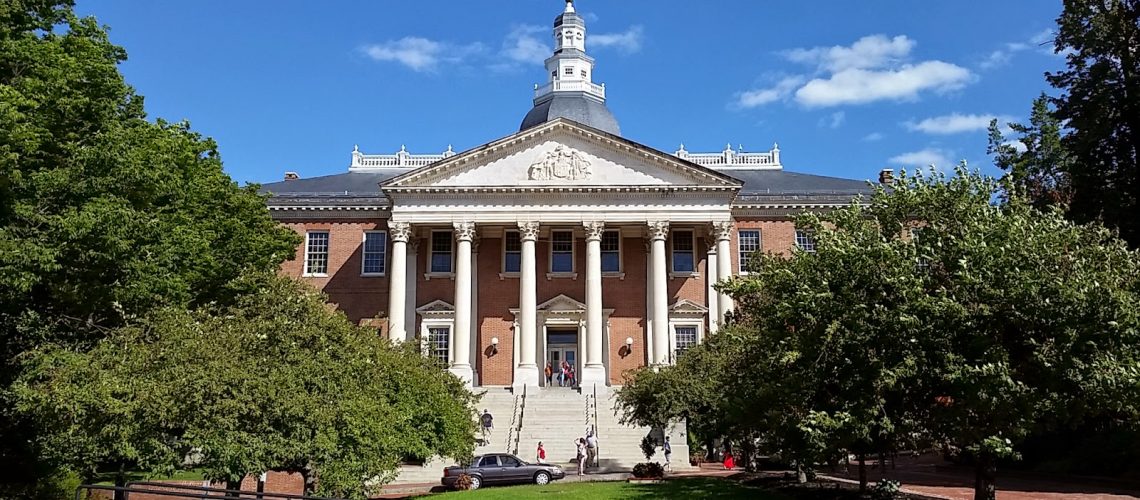Maryland has become the latest state to have a medical debt collection bill after SB 514 and HB 565 were unanimously approved 47-0 and 134-0 in the state Senate and House, respectively, and was enacted under Article II, Section 17(c) of the Maryland Constitution – Chapter 769, on May 30, 2021. This bill will not only affect hospitals, but also any collections agencies they work with.
According to the bill’s fiscal and policy note, there are requirements for hospital debt collection policies and payment arrangements, and it also prohibits hospitals from taking specified actions when collecting debt.
Based on the wording of the bill, hospitals must annually submit its policy on the collection of debts owed by patients as well as a specified report to the Health Services Cost Review Commission (HSCRC), which then HSCRC must compile into an annual medical debt collection report.
The bill states, when attempting to collect debt owed on a hospital bill, a hospital may not, among other things:
- Request a lien against a patient’s primary residence.
- Request the issuance of or take action causing a court to issue a body attachment or an arrest warrant against a patient.
- Request a writ of garnishment of wages or file an action resulting in an attachment of wages if the patient is eligible for free or reduced-cost care.
- Make a claim against the estate of a deceased patient if the deceased patient was known by the hospital to be eligible for free care or if the value of the estate after tax obligations are fulfilled in less than half of the debt owned (however, a hospital may offer the family of the deceased patient the ability to apply for financial assistance).
- File an action against a patient or give notice to a patient until after 180 days after the initial bill was provided.
- File an action against a patient until the hospital determines whether the patient is eligible for free or reduced-cost care.
If a hospital utilizes a debt collector for collection activity, the hospital and the debt collector must be jointly and severally responsible for meeting the hospital debt collection requirements, which could mean your collections partner would need to track and act upon additional information.
With the signing of this bill, the Maryland Health Care Commission (MHCC) must examine and report on the feasibility of using the state-designated Health Information Exchange (HIE) to support determination of patients’ financial status for determining eligibility for free or reduced-cost care or an income-based payment plan by December 1, 2020.
Also, By Jan. 1, 2022, HSCRC must develop and report on guidelines for an income-based payment plan and study the impact on uncompensated care of providing specified refunds or requiring hospitals to forgive specified judgments or strike specified adverse information.
The main portion of the bill will take effect on January 1, 2022; however, provisions related to the HSCRC and MHCC study and reporting requirements will take effect on June 1, 2021.
Hospitals and providers will need to work with their collections partners to ensure the proper steps are being taken to reach compliance with this new law. If you have questions for Americollect, please reach out for more information.

